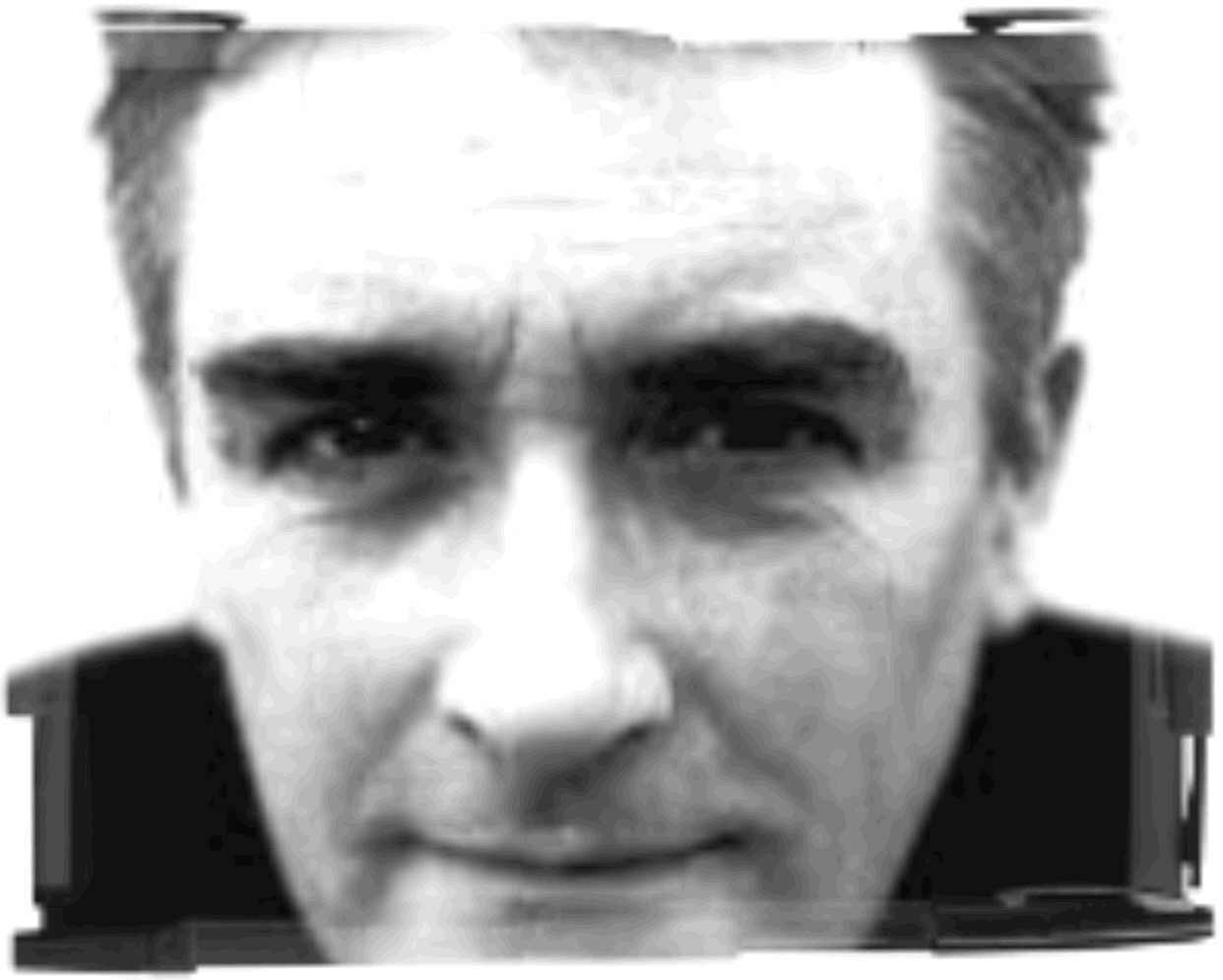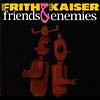
A
FIRESIDE CHAT WITH FRED FRITH
Fred Frith is a respected artist among the editors,
here at the Roadshow. His work, labeled everything from (our favorite
word) "avant-garde," "experimental," "fusion," "progressive rock" (whatever
that is), and "provocative" (that's the worst). How about, he just kicks
ass and does what it is he wishes to do? How about he is his own man?
How about he is everything most "artists" on the scene are not these days?
How about I just let him tell you? So without further to do, may I present
Fred Frith, unedited and in his own words.
FRED JUNG:
Is it possible for an artist to grow under a label and produce and develop
significant groups as Miles, Art Blakey, Trane, Ornette, and Mingus did,
in today's climate?
FRED FRITH: There may not be such visible labels in the mainstream supporting
new music (of any genre), but it has never been never that different,
and since the '60s, the creation of musician-run labels have been more
or less the norm anyway. You only have to look at the recorded work of
Sun Ra and the AACM in the States, or labels like Instant Composers Pool
(with Han Bennink and Misha Mengelberg) in Holland, Incus (with Derek
Bailey and Evan Parker) in the UK, FMP (with Brötzmann, Hans Reichel,
von Schlippenbach) in Germany, ARFI (with Louis Sclavis and many others)
in France, to understand how, starting in the '60s, the truly creative
strands in improvised music, jazz-based or otherwise, have been able to
survive only by doing things for themselves. And the artistic importance
and growth of all of the above and their innumerable colleagues is hardly
in question. My experience as an improviser in the last 25 years is that
the audience for improvised music of all descriptions has grown enormously.
I don't think you'd find many of the above-mentioned players who'd disagree.
The audience is international, large, knowledgeable and supportive. The
record industry in its overground manifestations has been irrelevant to
the music for years! Places to play is a harder problem, but again, from
where I sit, this has very often more to do with motivated musicians making
things happen than with some kind of club scene. The figures you cite
stand over the history of jazz like a colossus; since their heyday, it
has been harder to create comparable mythologies. But there hasn't been
a shortage of comparable figures in my view (starting with Henry Threadgill,
Anthony Braxton, Lester Bowie, Evan Parker, Butch Morris, and others).
FJ: Is individuality a thing of the past in improvised music?
FRED FRITH: Clearly not. To the short list of greats above I could add
dozens of players from all over the world - Ikue Mori, Sylvie Courvoisier,
Zeena Parkins, Co Streiff, John Butcher, Caroline Kraabel and on and on.
You won't read too much about them in the typical music press.
FJ: The "downtown" scene in New York, particularly the Knitting Factory,
is something critics and writers associate you with.
FRED FRITH: The so-called downtown scene existed long before the Knitting
Factory and was instrumental in its creation. They didn't create the downtown
scene - the scene created them! The first gig they ever did was myself
and Butch Morris duo, curated by Wayne Horvitz as the first of a series
of improvised music concerts. The Knitting Factory people had never heard
of any of us, and got interested because the place was packed. To their
lasting credit, they had the vision to realize that this series was something
they could build on, and build on it they did, crossing boundaries that
hadn't been crossed before, and creating a focus for the music that had
a significant impact on the way the scene was perceived, especially abroad.
On many nights the place was full of music tourists from Europe or Japan.
But I would say the coalescing of several elements that had already been
operating with great vitality, was the ZU Manifestival that Giorgio Gomelski
produced in 1978 - it was around this time that I met Zorn, Eugene Chadbourne,
Tom Cora, Arto Lindsay, Bill Laswell, Kramer, Glenn Branca, Rhys Chatham
and many others who had already been making their presence felt. And there
were many places to play at that time. I would say Roulette, which still
exists, was vital in sustaining the scene, and I never read much about
Jim Staley, who's also a great musician.
FJ: Tom Cora and John Zorn are musicians that have made significant contributions
to music, how did they impact your musical path?
FRED FRITH: They were both idiosyncratic, dedicated, focused, unwavering,
creative, funny and blessed with great ears and brilliant and unorthodox
techniques. How could they not have had an impact - I owe them both a
lot.
Fred Jung is the Editor-In-Chief and makes fishers of men. Email
Him.

